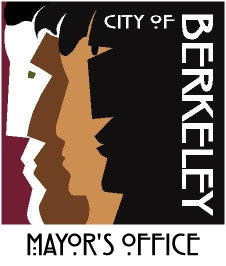Berkeley Council Approves Changes to Promote Research & Development Industry
March 23, 2022
BERKELEY – Last night, the Berkeley City Council adopted a new law to update and clarify its definition of Research and Development (R&D) to reflect current science and technology. This will help bring modern industry to Berkeley, produce more high-paying jobs and increase the tax base. It will also align the definition with neighboring jurisdictions and provide more flexibility to existing and prospective operations in Berkeley.
“From the University to the National Laboratory to pharma and technology companies, Berkeley has been at the forefront of innovation in science and technology,” said Berkeley Mayor Jesse Arreguín. “The type of development we allow and where needs to account for these uses if we want to continue to be a hub of innovation.”
The definition of Research and Development was last updated in 2011. However, over the past 10 years the nature of research and development has evolved, and so does the law. Modern day R&D is more than a lab space – many require office space to conduct their activities. Often startups begin with research first and then transition to product fabrication and development. There is a need for greater flexibility in the zoning definition to reflect current economic conditions. The changes created by the Planning Commission come in response to a 2020 referral from Mayor Arreguín and Councilmember Susan Wengraf to modernize the definition to reflect current needs. The change in definition will have no impact on existing protections of manufacturing space in West Berkeley, as outlined in the City’s Zoning Code.
Berkeley is home to over 400 businesses in its “innovation sector”, which includes tech, biotech, R&D, and other science, technology, engineering, and mathematics (STEM) industries. This number has risen significantly over the past decade, with less than 150 such businesses calling Berkeley home in 2013. In 2021, Berkeley startups raised more than $1.4 billion through venture, angel-backed financing and convertible securities and 10 Berkeley companies received nearly $9 million in federal and state grants for Research & Development (R&D). More than a third (35%) of Berkeley innovation companies develop software and close to a third (31%) develop health-focused solutions through biotechnology & healthcare technologies.
